Sadaqah (Charity) and Pahala (Blessing) at Masjid Jogokariyan in Yogyakarta
In Yogyakarta, days during Ramadan days begin with sahur, a simple predawn meal, and close with a more elaborate one with iftar (Arabic), buka puasa (Indonesian) or takjil (Javanese) shortly after dusk. There is blessing (pahala) in fasting, breaking the fast and in helping others to break theirs. Communal fast breaking meals known as buka bersama (opening together), are social and cultural as well as religious events. They range from simple, informal gatherings to lavish buffets at five-star hotels. Mosques often provide free buka puasa meals which are followed by the Maghrib (sunset) prayer and in many cases a pengajian (religious lecture). These hadith (traditions of the Prophet Muhammad) amplify the blessing obtained by fasting.
Whoever helps break the fast of a fasting person, he will have the same reward as him without decreasing anything from the reward of the fasting person.
(Those who are) fasting have broken their fast with you, the righteous have eaten your food, and the angels send blessings upon you.
Providing meals for fast breaking is also charity (sadaqah), which a source of blessing for those who give and those who receive.
One of the largest mosque-based buka bersama programs in Yogyakarta is organised by Masjid Jogokaryan, a medium-sized neighbourhood (kampung) mosque. Established in 1966, it has a modernist religious orientation but is not formally associated with any of Indonesia’s major Muslim organisations. Its logo is in three languages, Javanese, Arabic and Indonesian symbolising Islam, ethnicity and nationality.
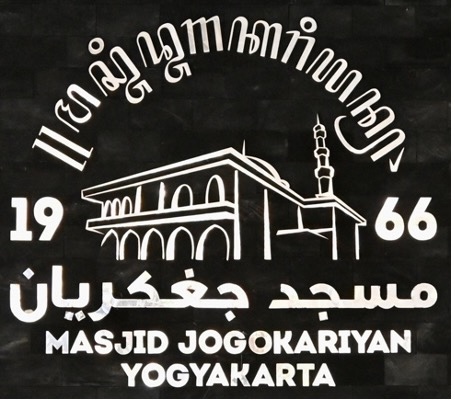
Masjid Jogokariyan has sponsored a ‘Kampung Ramadan’ since 2004 that features large numbers of stalls selling food and drinks typically associate with Ramadan, religious items, toys and balloons for children as well as a buka puasa event.
The Kampung Ramadan logo is symbolically dense. It includes six comments symbolising Islam, Indonesian nationalism and Yogyakarta tradition: a bearded man (some Indonesians associate beards with Muslim piety) wearing the tunic of the sort worn by Yogyakarta palace officials and a sorban (prayer shawl) associated with traditional Indonesian Islam. He holds a Qur’an in one hand and an Indonesian flag attached to a bamboo spear symbolising the nation’s revolutionary struggle in the other.
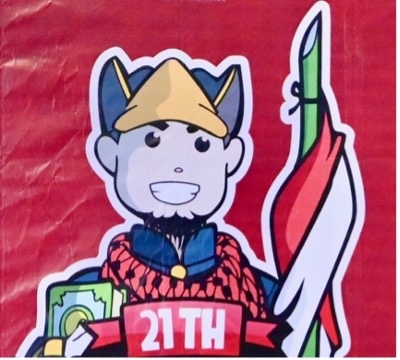
The mosque began offering free buka puasa meals in the year 2000. At that time, it prepared approximately 500 meals per day. The scale of the program has gradually increased to the current level of 3,500 to 3,800 per day, for a total of 105,000 to 114,000 meals across the fasting period. This is a costly, efficient and well managed operation. The total cost is approximately 1.5 billion rupiah or $US90,500.
The fundraising committee mounts a global effort to secure donations. More than 80 per cent of funds come from outside the kampung. Some come from Middle Eastern countries, Malaysia, Singapore and the United States as well as from within Indonesia. Approximately 90 per cent of the funding comes from online donations. The committee typically raises more funds than it needs for expenses at Masjid Jogokariyan. The surplus is donated to a network of thirty to forty affiliated mosques in poorer parts of the special region including Gunung Kidul and Kulon Progo. These donations are used exclusively for buka puasa events. The committee has strict accounting standards to ensure that the money is properly spent.
Approximately 250 kilograms of rice for is prepared at the mosque every day. Other components of the meals are prepared offsite by groups of volunteers, each including fifteen to twenty-five people most of the them women, on a rotating basis. They typically include chicken, beef or mutton, vegetables, sambal (chilli) and krupuk (cassava crackers). Each meal cost approximately Rp15,000 (1 US dollar). This is somewhat less than a similar meal would cost in a warung (food stall). This year there were twenty-nine groups of volunteers. We followed one that worked from a small restaurant near the mosque that was closed during Ramadan.
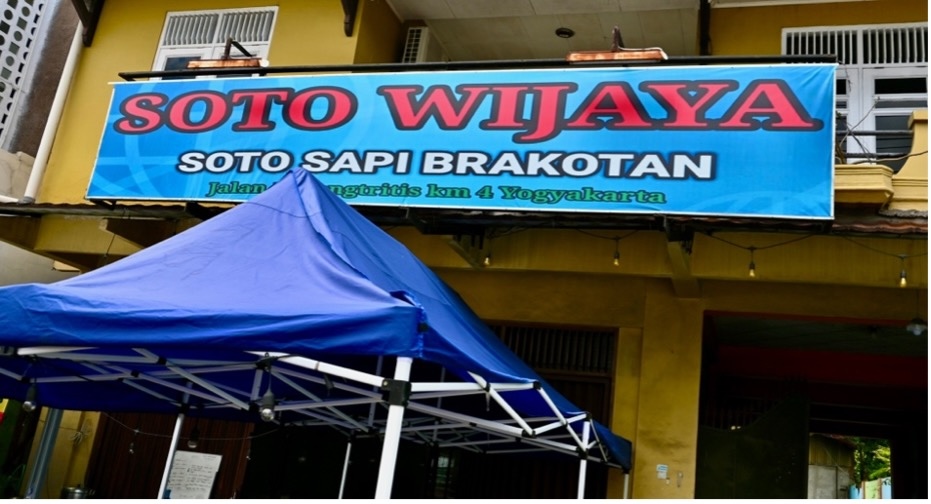
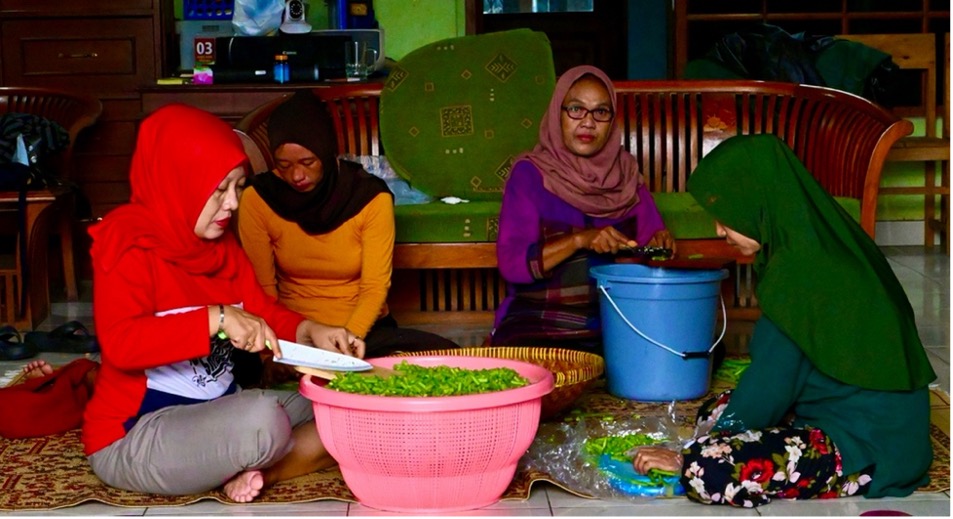
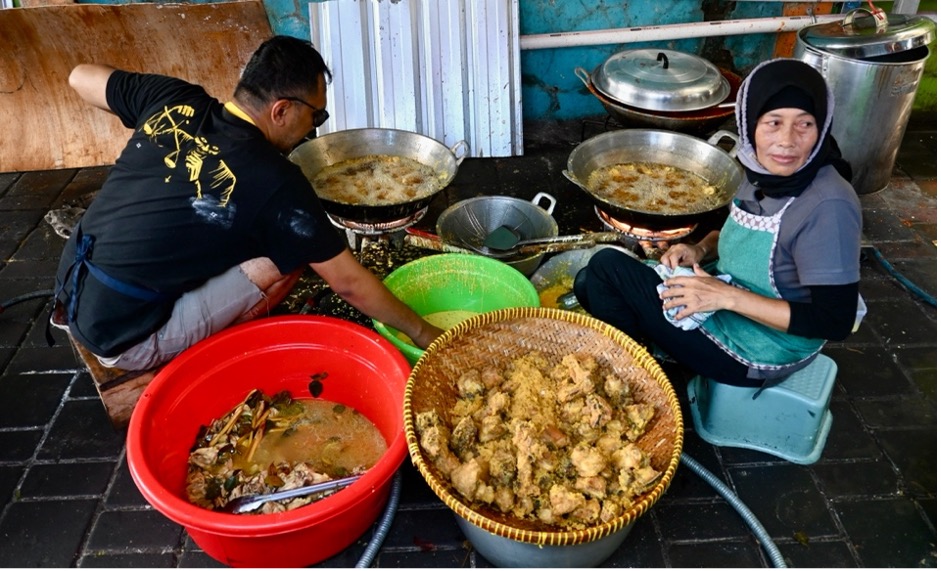
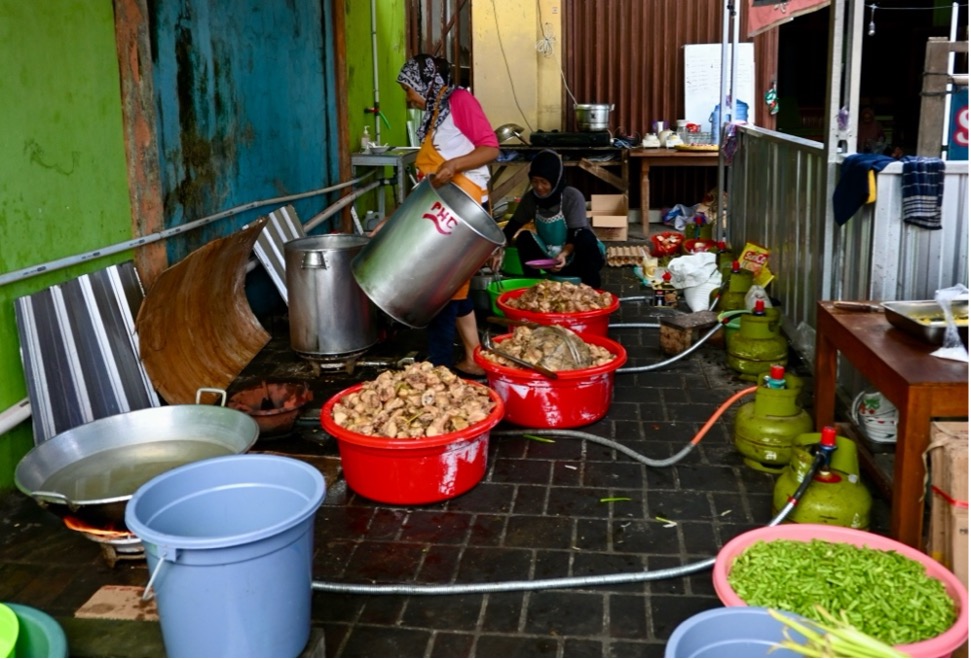
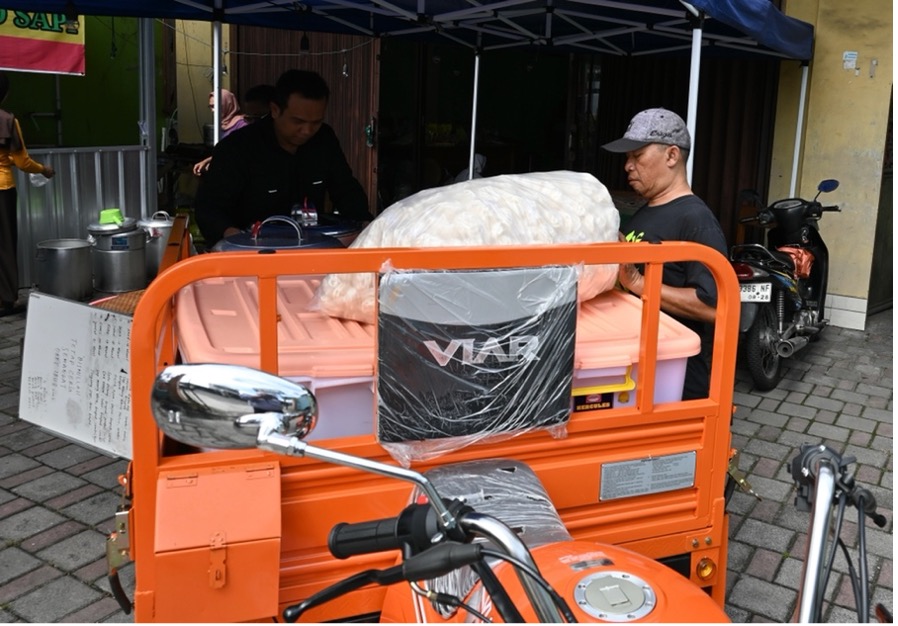
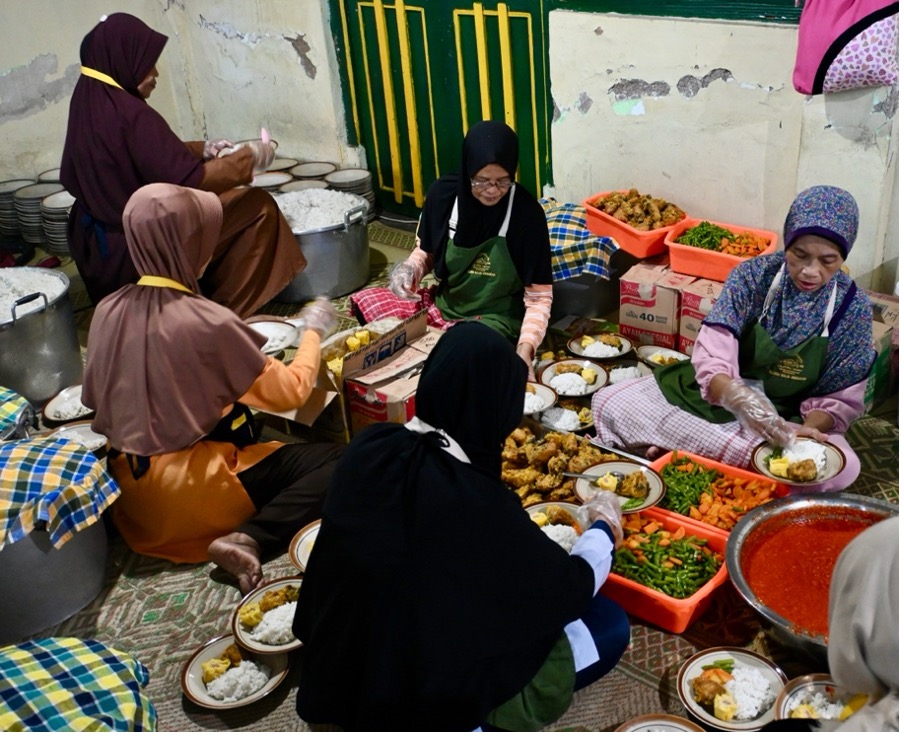
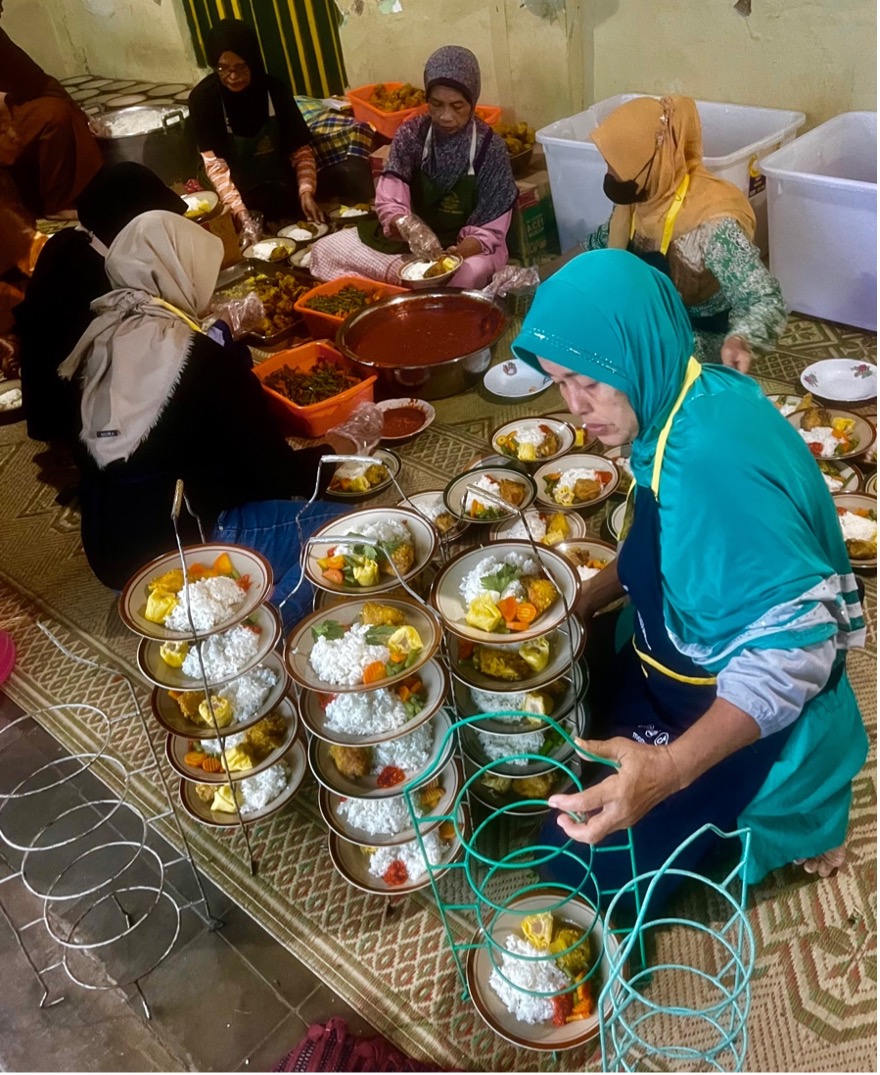
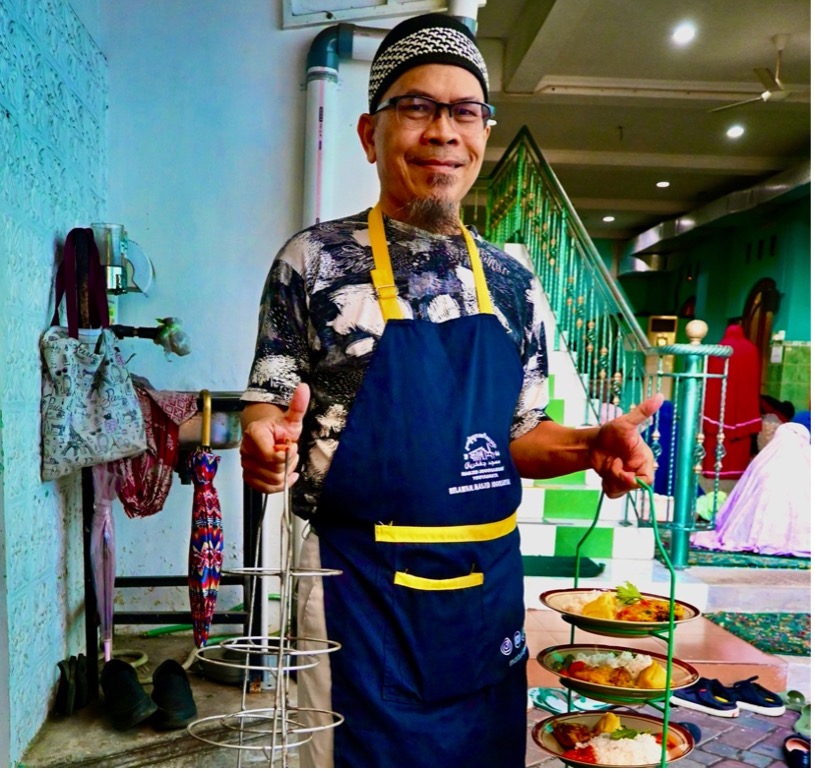
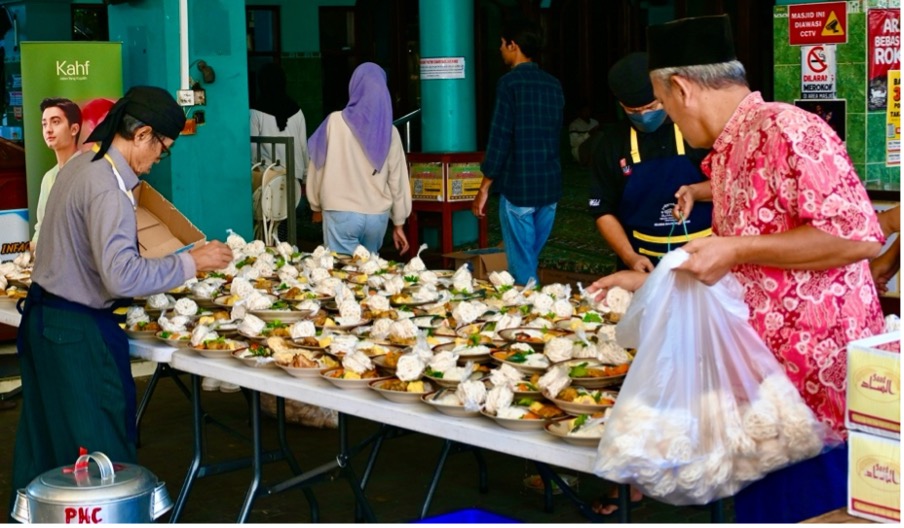
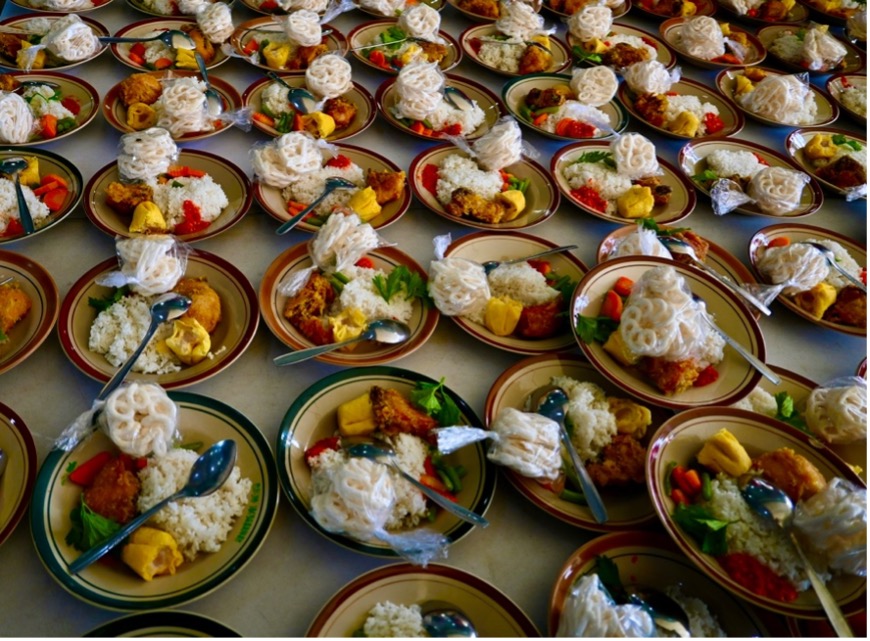
Mark Woodward is from the Center for the Study of Religion and Conflict, Arizona State University. Indria Hartika Rukmana is an alumna of the Center for Religious and Cross-cultural Studies at Universitas Gadjah Mada. She is currently a volunteer at Bumi Langit Institute in Indonesia, where she focuses on permaculture and regenerative living practices. All images are courtesy of the authors.












